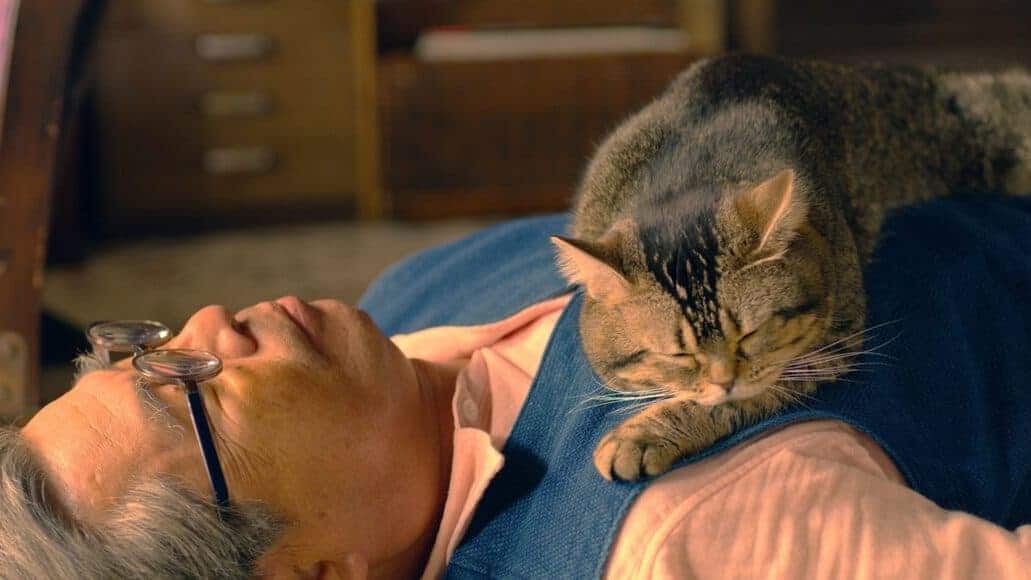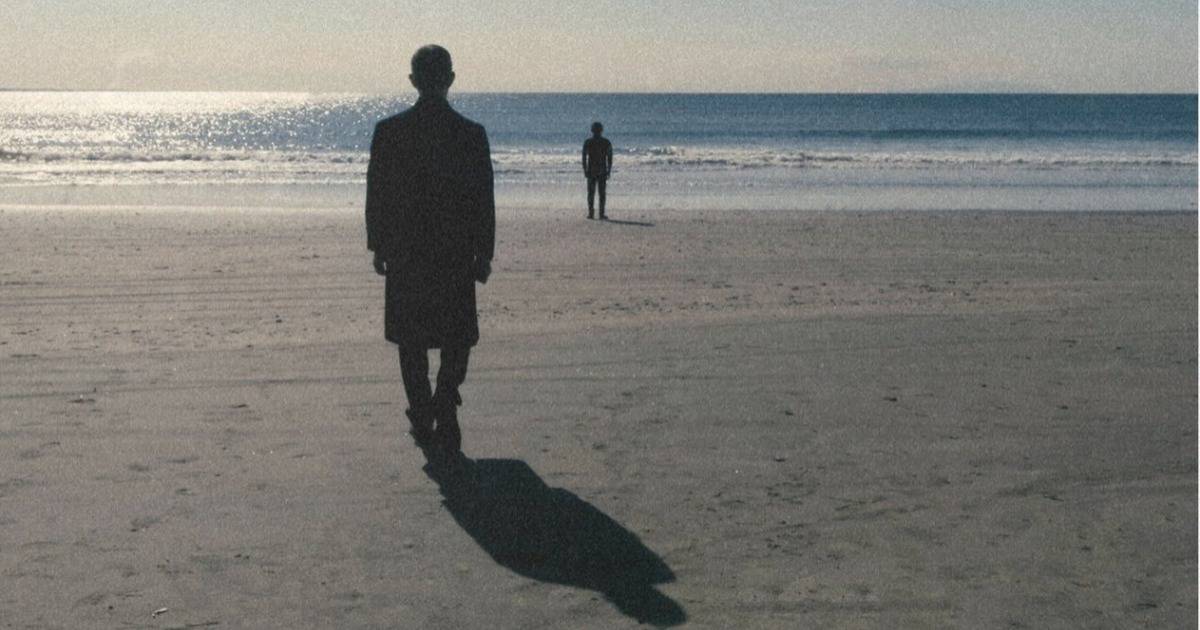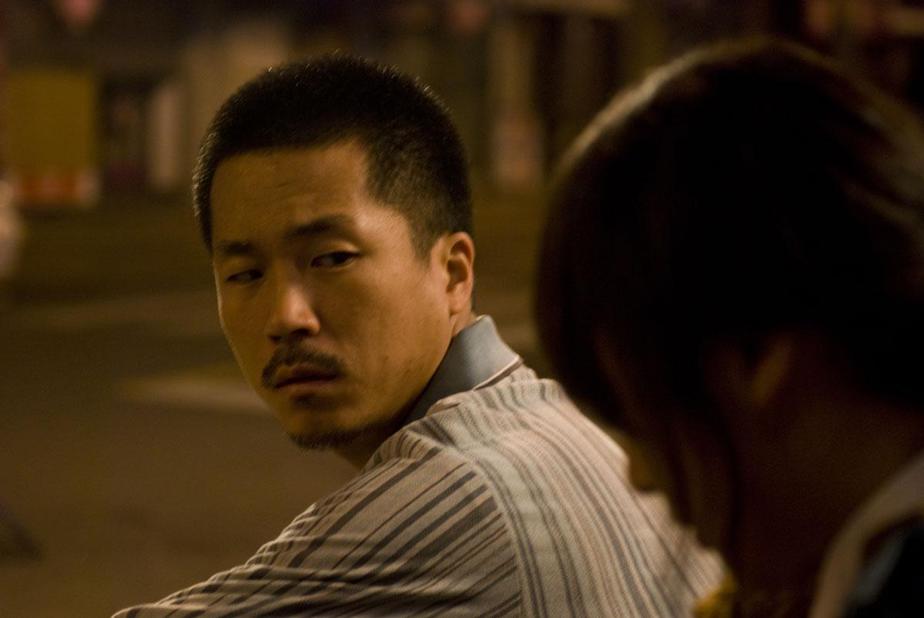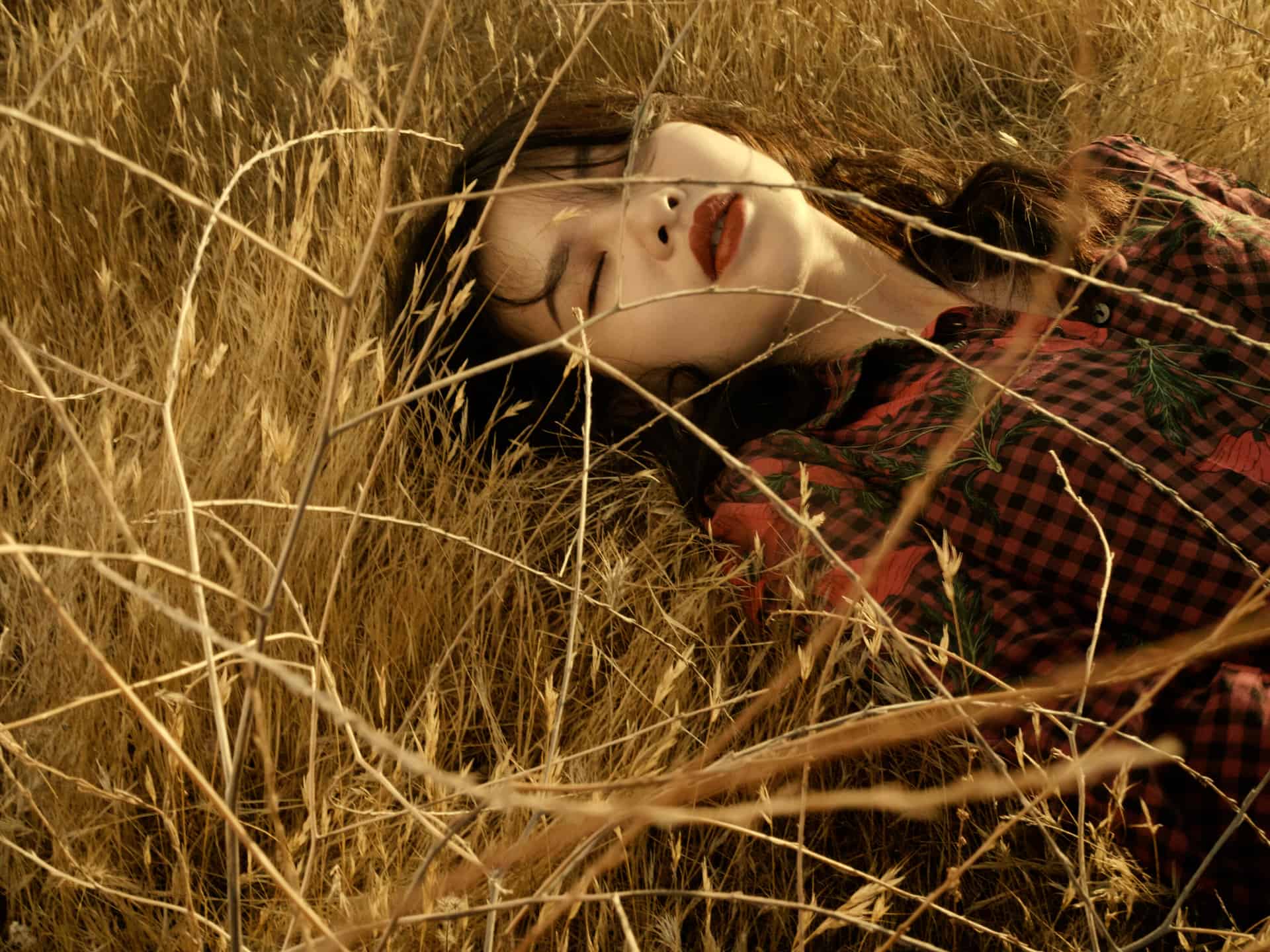At the Graduate School of Film and New Media, up-and-coming filmmaker Shun Tachizono studied under both Kiyoshi Kurosawa and Nobuhiro Suwa. These two Japanese film legends clearly had an influence on Tachizono's 2022 short “Scapegoat,” which takes a mature, patient approach to classic independent film tropes. Like so many young directors, Tachizono uses a gangster backdrop to tell a story of love and redemption. At only twenty minutes, it keeps the plot simple and the dialogue sparse. For both better and worse, it feels like a “thug with a heart of gold” film stripped down to only the basic elements.
Scapegoat is screening at Short Shorts Film Festival and Asia
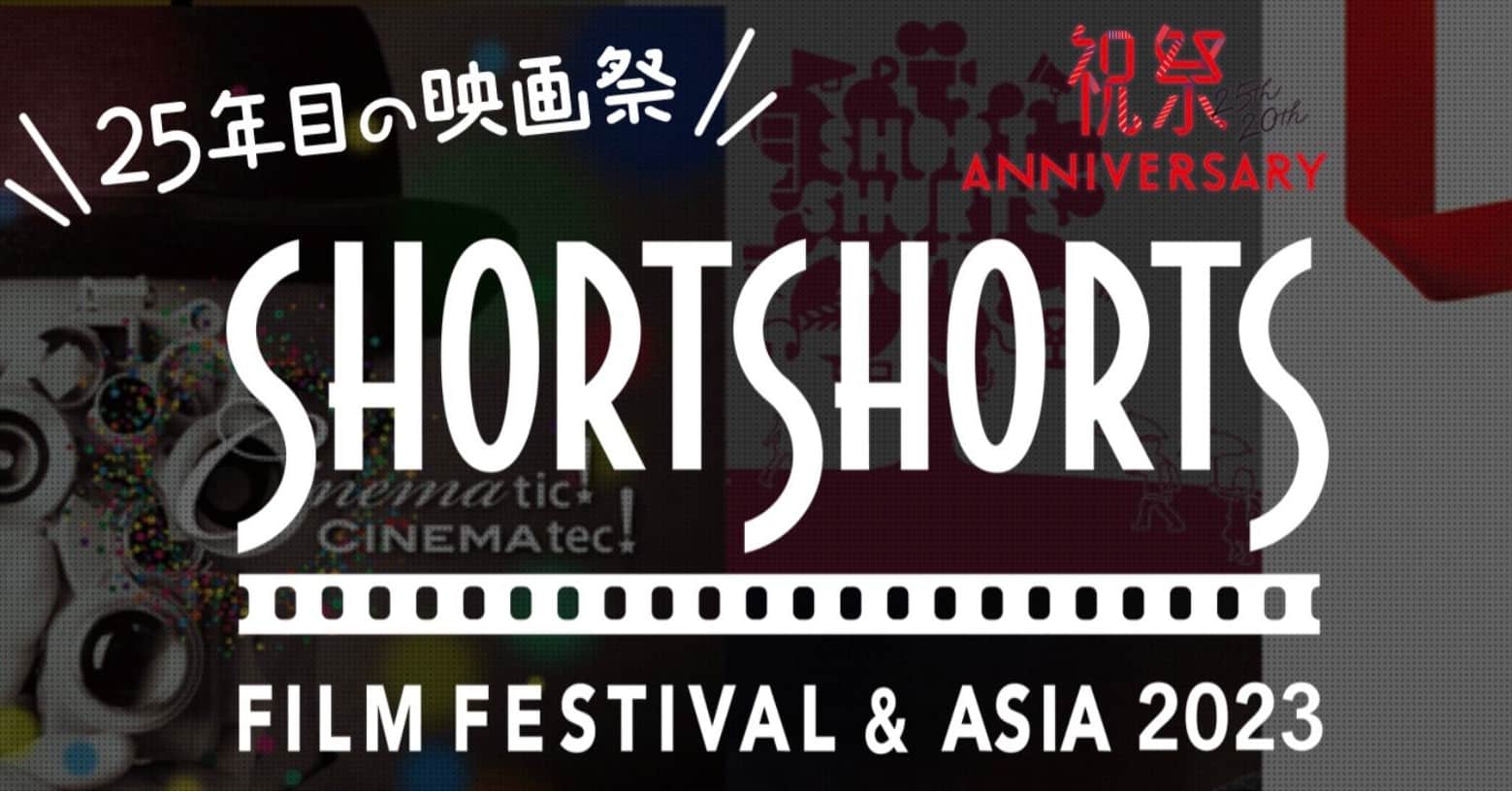
It tells the story of Akashi, a low-level Yakuza affiliate who reports to ruthless and uncaring bosses. Akashi is a solitary, quiet man who seems to have no personal connections–a lonely noir hero waiting for an excuse to break out of his callous routine. He finds just this when he meets a young woman named Yo working in the back of a restaurant. In her, he recognizes the same sadness and isolation that he feels. When his bosses take an interest in her, he decides to protect her at any cost. The kindred spirits form a connection, but dreams of a normal life are threatened by their brutal environment.
Countless films have used an endangered young woman as a catalyst for the transformation of a violent man, but “Scapegoat” is aware of the one-sided nature of this dynamic. Akashi is more interested in what Yo represents than who she is as a person, and this imbalance creates an interesting tension in their scenes together. The focus here is on their relationship, which means that the characters are given room to breathe even as the genre thrills are kept to a minimum. The violence is never exciting, and it has the slow-motion dread of a bad memory.
At one point, a melancholy voiceover from Yo gives the impression that we're watching a fragmented, audio-visual journal of the past. In this sense, the extreme minimalism feels completely appropriate–these are mere glimpses into a small period in the lives of the characters. This reflective slowness may disappoint those looking for Yakuza excitement, but it gives Tachizono a chance to show off his ability with simple scenes.
Despite the low budget and relative inexperience of those behind the camera, “Scapegoat” is clearly the product of a skilled, dedicated director. Like his teachers Kurosawa and Suwa, Tachizono favors long, stationary shots that reveal greater depth the longer you look at them. These painterly compositions are evocative and impressive, especially for a moviemaker just beginning his cinematic journey.
It's easy to imagine “Scapegoat” being explored as a feature. It's crisply shot with strong performances, and it's creatively distinct enough to leave audiences wanting more. Going forward, it will be exciting to see what Tachizono can do with more ambitious projects.




